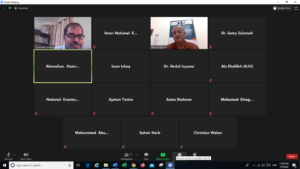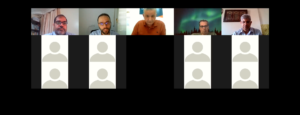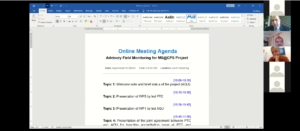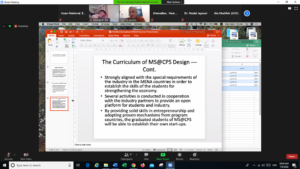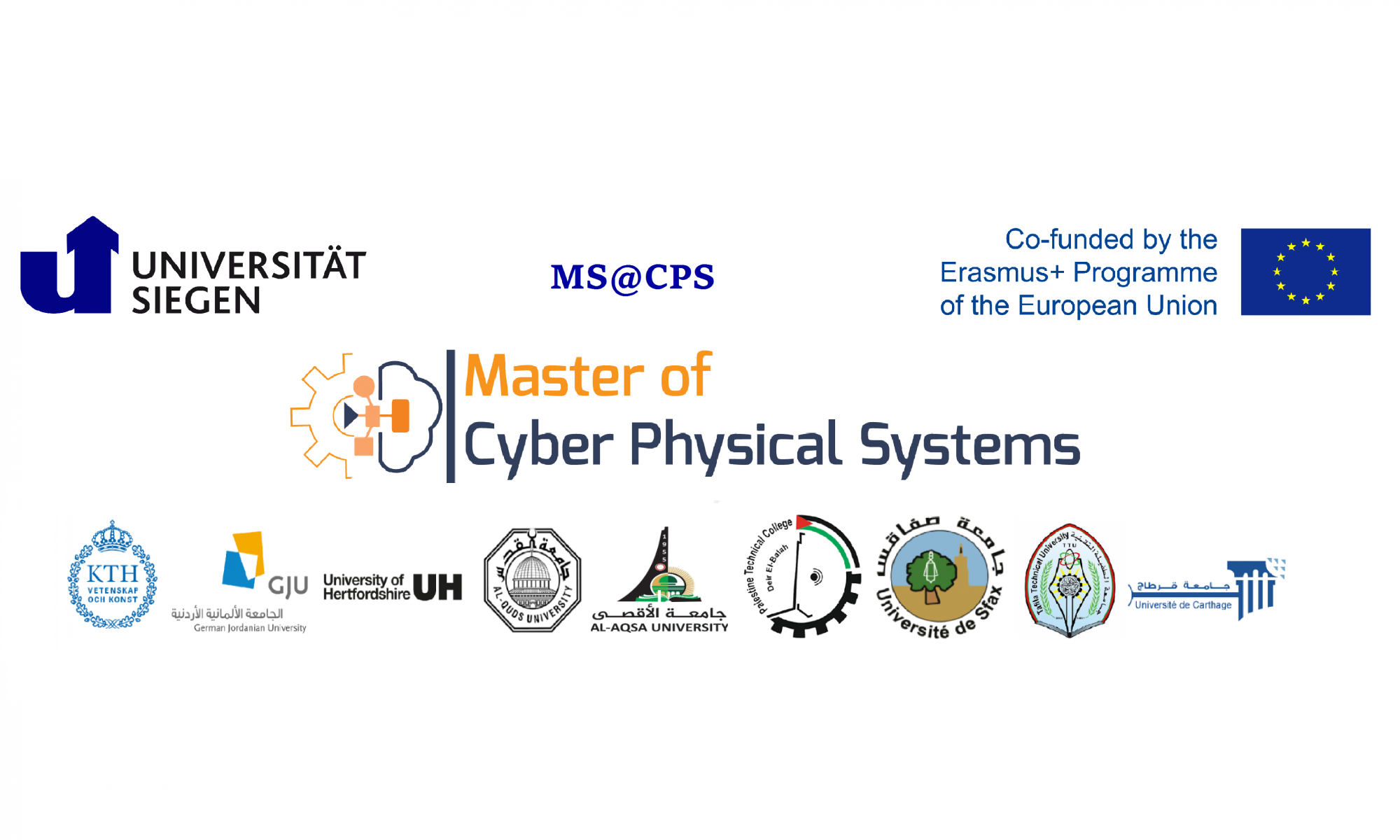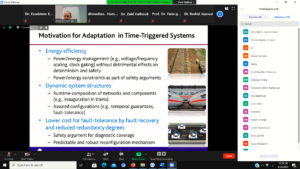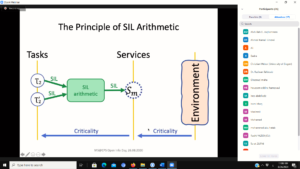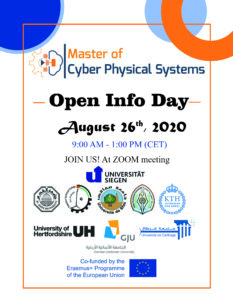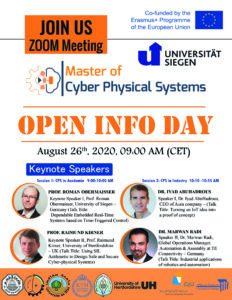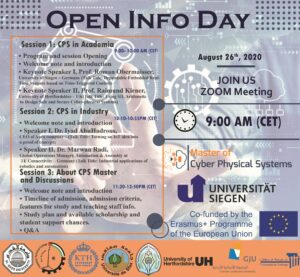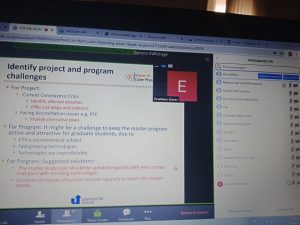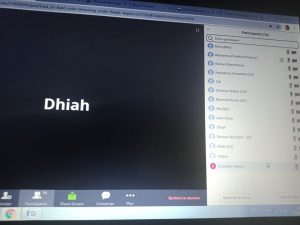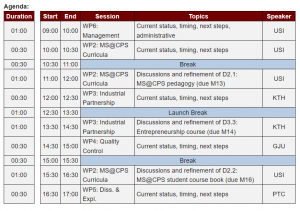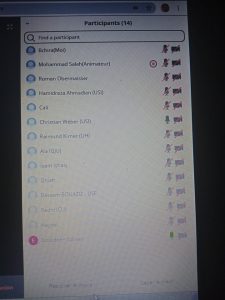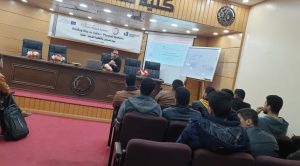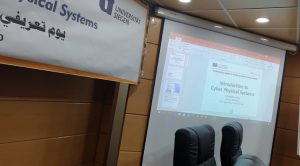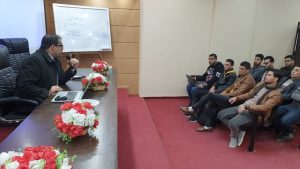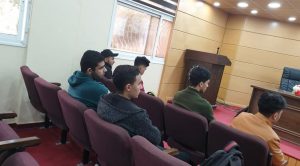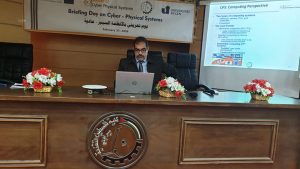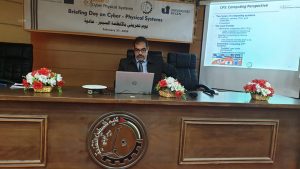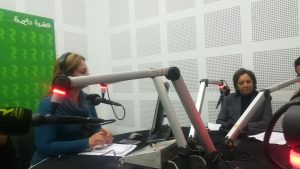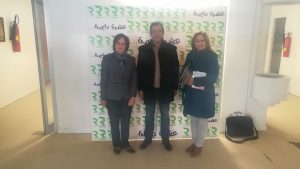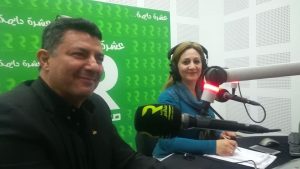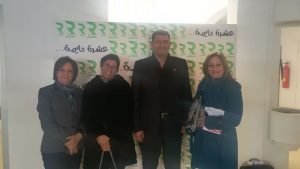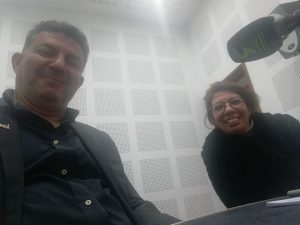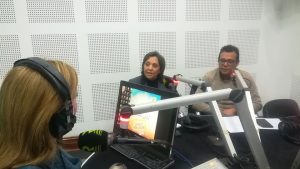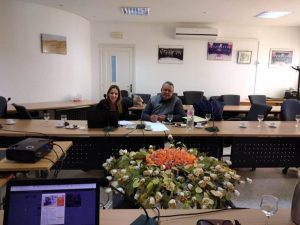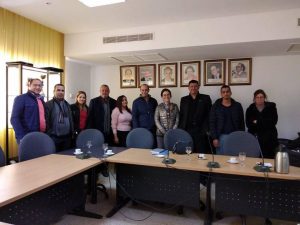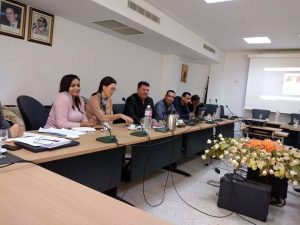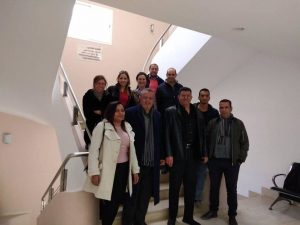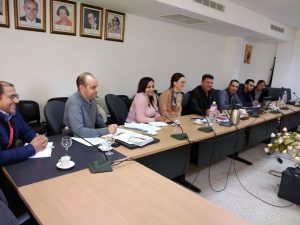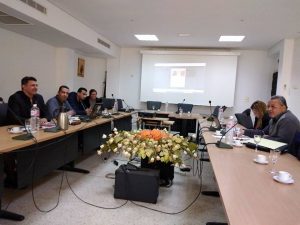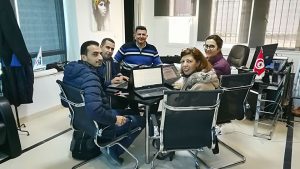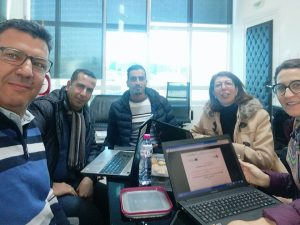Join us on Zoom on 26th of August at 9:00 AM CET (10:00 AM Palestine and 8:00 AM Tunisia Time)
Keynote Speaker I: Prof. Dr. Roman Obermaisser
Title: Dependable Embedded Real-Time Systems based on Time-Triggered Control
Abstract: Many safety-critical application subsystems demand hard real-time requirements, where the achievement of stability and safety depends on the completion of activities (e.g., reading of sensor values, performing computations, message transmission) in the defined time. In such hard real-time systems, missed deadlines represent system failures with the potential of consequences as serious as in the case of providing incorrect results. The static resource allocation in time-triggered systems offers significant benefits for the safety arguments of dependable systems. However, adaptation is a key factor for energy efficiency and fault recovery in Cyber-Physical System (CPS). This presentation describes research in the area of adaptive time-triggered systems for CPS in order to support adaptation using multi-schedule graphs while preserving the key properties of time-triggered systems including implicit synchronization, temporal predictability, and avoidance of resource conflicts. In addition, we highlight upcoming challenges such as integration with knowledge-based systems and artificial intelligence. The presentation also discusses implications for required competencies and teaching in the area of CPS.
Keynote Speaker II: Prof. Raimund Kirner
Title: Using SIL Arithmetic to Design Safe and Secure Cyber-physical Systems
Abstract: In a safety-critical cyber-physical system each service has a specific level of safety criticality. Safety standards use classifications like Safety Integrity Levels (SIL), to describe the design requirements for the individual services of a system. Techniques like redundancy can be used to achieve higher overall dependability than the used individual components provide. Using the notion of SIL, this can be called SIL arithmetic. Using the concept of SIL arithmetic we point out how different safety standards provide hints for their support of using SIL arithmetic. We highlight the principal benefits of SIL arithmetic and provide simple examples. But the use of SIL arithmetic in a concrete system design can also have its pitfalls. We specifically discuss these issues in the context of scheduling techniques for mixed-criticality systems, where resource shortages are to be handled by the task scheduler.
